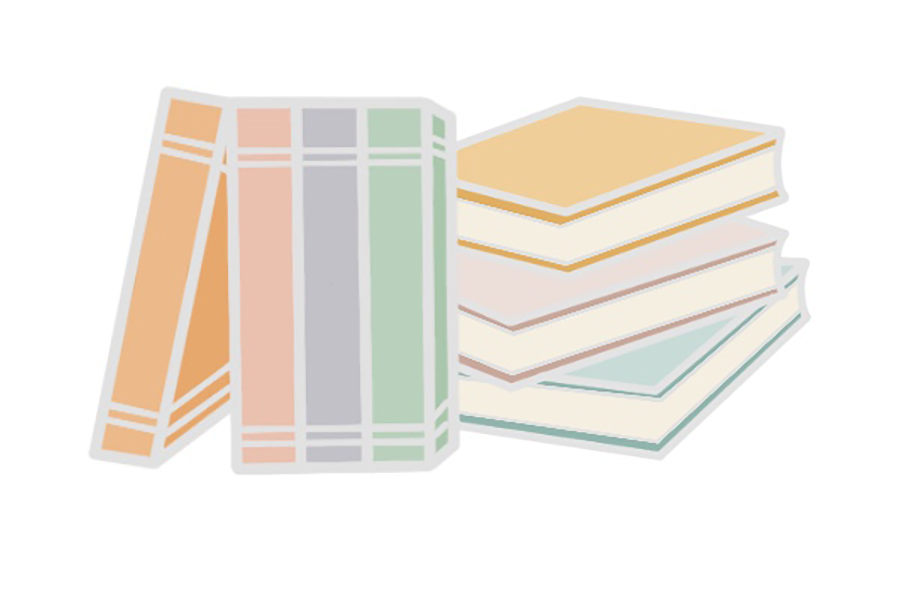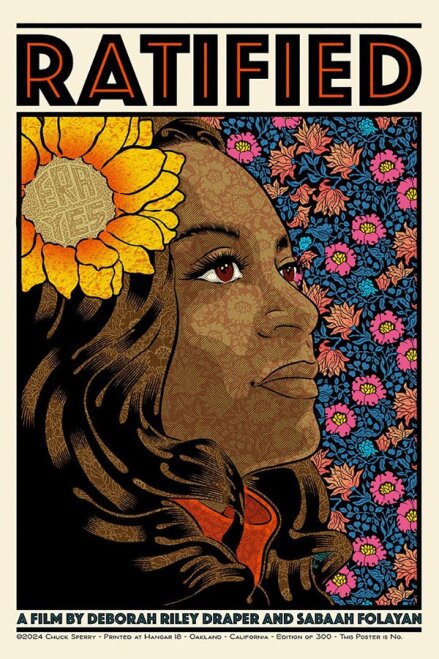If your knowledge of tea extends only as far as it comes served cold or hot, Dobrá Tea will offer you an education. The menu is hardly the artful chalkboards of the local coffee houses, rather a tome an inch thick with a green bound cover. With the menu comes a little silver bell. “Ring it when you are ready to order” chirps the server (and the menu on page two). Yeah, that’ll happen (next Tuesday) when I make it through the menu. So I abandon the menu and ask for something minty.
My Moroccan mint tea is brought to me by one of the “Tea Devoteas” in a traditional tin kettle with a glass and it’s poured for me in the manner customary to Northern Africa, the “high-altitude” pour. This custom, while it aerates the tea bringing out the full flavor was most likely developed as a way to assist in cooling the tea to a palatable temperature. My “Tea Devotea” pours from a height of 18 inches without spilling a drop. Wicked.
Thus, for $5 or less you can buy yourself a small piece of a cultural experience and hours of quiet relaxation in one of Wisconsin’s only “orthodox” tearooms.
Tea and the act of drinking it is a culture unto itself. An orthodox tearoom, such as Dobrá Tea, is not the coffee shop most of us are used to. There is no food, only tea. I wish I’d known this beforehand; I was really hungry for a scone. Dobrá Tea is rigid in its execution of tea preparation, making tea properly and presenting it to the customer in the manner of the culture from whence the tea comes.
Dobrá Tea began in Prague, behind the iron curtain, and during communist reign. Smuggled teas incited an even greater passion for the age-old beverage and following the fall of communism in 1989, the first tearoom in Prague was opened in 1993. Despite the culture of beer drinking prevalent in the Czech Republic, the tearoom culture caught on and today, Prague alone has several dozen tearooms.
The tearoom culture is a place to relax, and Dobrá Tea says that to some people a tearoom is “something between a church and a pub.” But it is not about any one religion. “The tearoom should be a place that emanates religious independence and tolerance.” Still, Dobrá Tea takes inspiration from all the great religions of the world such as “Islamic devotion, Christian humility, Buddhist tolerance, Hindu ardor, or the Jewish sense of tradition and order.”
The interior of Dobrá Tea was designed and built in its entirety in the Czech Republic, packed into a shipping container and by way of Germany to Chicago by ship and then truck to Madison, the entire contents of the tearoom arrived at 449 State Street. The tearoom opened in Aug. 2008.
The walls are warm yellow, the furniture rattan, and the lamps Egyptian tin and colored glass suspended on chains from the ceiling. My new friends and I sit on the “podium,” a raised and canopied dais in the center of the main seating area. Carpeted and furnished with short tables, we sit shoeless on round cushions.
Tea is a year-round drink, drank for its health benefits among other reasons. For many it remains the sole property of the crisp days of autumn, the frigid evenings of winter, and the chilly mornings of spring. Spending those times in the warm, enveloping coziness and cultural influences of Dobrá Tea is something I highly recommend.

























